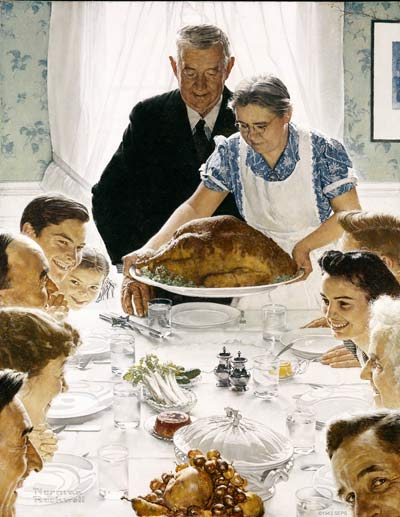 In wake of the presidential election, lots of think-piece articles are flowing around social media saying that “elite” coastal liberals should empathize with and respect the opinions of rural white Trump voters. Having grown up in a very conservative area smack where the Midwest meets the South, I find such articles more than a bit patronizing. In response, this recent article in Roll Call articulates my feelings much better than I could. Change a few details and I could’ve written it myself.
In wake of the presidential election, lots of think-piece articles are flowing around social media saying that “elite” coastal liberals should empathize with and respect the opinions of rural white Trump voters. Having grown up in a very conservative area smack where the Midwest meets the South, I find such articles more than a bit patronizing. In response, this recent article in Roll Call articulates my feelings much better than I could. Change a few details and I could’ve written it myself.
I grew up in Fort Thomas, Kentucky, a small bedroom suburb of Cincinnati that — like many Cincinnati suburbs — is almost entirely white, Roman Catholic, insular, and rapidly conservative. I never met a black person my age until my family moved to Asheville, North Carolina when I was ten, and I still remember my third grade music teacher at Woodfill School explaining to us that a Jewish kid had enrolled in the school as if it were something controversial. Sunday school at our mainline Protestant church included regular exhortations about the evils of communism. Cincinnati itself, just across the river, was largely considered a no-man’s-land. My dad was a big volunteer for Mitch McConnell and Jim Bunning on their early runs for public office, and has a hand-written letter from President Gerald Ford thanking him for his work for the Republican Party.
After we moved to North Carolina, I spent the rest of my childhood and teenage years in very conservative parts of the South, usually on or near military bases. I come from a long line of authoritarian military men who thought of violence as the first and last solution to any problem. Discipline in our home was meted out at the end of a leather belt, especially when I was struggling in school due to an undiagnosed autism spectrum disorder and related issues of anxiety and depression. I was bullied nonstop at school because I was perceived to be gay or asexual, and it’s taken me years to finally admit to myself that I grew up in an abusive home environment. I’ve been suicidal at various points of my life, and came very close to ending it all during a particularly dark spell in 2003.
Despite all that, I still bought into the Republican worldview hook, line, and sinker. I listened to Rush Limbaugh on the radio all the time and believed every word he said, I owned two of his books, and spent most of my time convinced that my world was under attack by liberals and minorities who I had never actually met. My friends from high school may even remember me giving a speech in favor of re-electing George H. W. Bush during the 1992 election.
My views never really began to change until I had moved out on my own in Chicago, and found myself in a diverse urban neighborhood with a lot of people who weren’t like me. (Chicago’s hyper-gentrified Lincoln Park neighborhood wasn’t exactly a model of urban diversity in the late 1990s and is even less so now, but it was still a million times more diverse than anywhere I had lived previously.) It wasn’t until I was well into my 20’s, spending a summer in Boston during the 2000 election season, that I finally reached the point where I explicitly rejected the values of my upbringing.
I had never met anybody who I knew to be gay until that summer, and I don’t recall meeting anybody who identified as Native American until I moved to Seattle earlier this year. It’s taken me a long time to remove myself from the insular bubble I grew up in, and I no doubt still have a few steps left to go.
Most of my family, however, has never lived anywhere but Campbell County, Kentucky, and my parents still see the world through the lens of people who came of age in 1950s white suburbia. My dad only listens to recorded radio shows of that era, rarely watches any movies that don’t star John Wayne shooting a bunch of nonwhite people, and still thinks Ted Kennedy wrecking a car in 1969 is an indictment of the entire Democratic Party of today. He’s proud of the fact that now-retired Jim Bunning is his neighbor.
For me, as much as I love my hometown, being back there still brings up a lot of personal baggage and trauma. I tried to give Cincinnati a fair shot during grad school and for a while afterwards, but I ultimately made the decision to move to Seattle this past year. I haven’t regretted that decision for a second. I have nothing but incredible respect for those who stay in Cincinnati and Northern Kentucky and pour their lives into making it a better place, but my path lies elsewhere.
So, with all that in mind, it’s a bit patronizing to suggest that the onus is on urban liberals to step out of our bubbles, as if the parochial, lily-white “heartland” I grew up in is America’s default condition and that diverse, liberal coastal cities are the outliers. Cities like New York and Seattle are filled with people who have spent their lives trying to escape insular bubbles, and are every bit as much the “real America” as Midwestern factories and cornfields. On an issue-by-issue basis, America’s values are strongly in line with those of urban liberals; it is the rural and exurban conservatives who are living in an insular bubble, by choice or not.
Unfortunately, we’re stuck with a Constitution that was largely written to appease Southern slaveholders of the 1700s, which is a big reason why our representative republic is anything but representative. Anti-urban bias is practically hard-baked into America’s DNA, and is why Trump got elected despite getting fewer votes.
I’ll close by quoting the Facebook status of a friend of a friend that was shared anonymously:
I come from a small rural town much like the ones discussed in that Cracked article everyone has been resharing in the wake of the election. I get the sentiment expressed. I understand that people in those areas feel like their way of living is being wiped out. I comprehend the need for compassion.
But at the same time, many of us who grew up in those places left precisely because of the unshakable social underpinnings their culture wrought: Biblical literalism, fundamentalism and evangelism. Racism. Hatred for gays and lesbians. Lack of education.
A few of us have tried to return and work in those communities (whether as entrepreneurs or as volunteers) to improve situations we felt were suboptimal. In many cases, our efforts were rebuffed by individuals so enthralled by a stagnant mindset about urban planning and politics that they could not make room to try anything new that might improve their situation. […]
I’m not saying ether side is right or wrong, necessarily—but I’m having a really hard time understanding how this is the fault of me and people like me who have fled these communities and cloistered families because we couldn’t endure the ignorance we saw play out there. It’s difficult to comprehend what, if anything, I *owe* them. Because right now, I FEEL as if I owe them nothing.
This doesn’t mean that people in liberal cities can smugly sit on our laurels; we have a ton of work to do. Without any support from the federal government, we’ll be largely on our own. And I fear that we’ll soon find out that many of our own neighbors and public officials aren’t as liberal and compassionate as we had hoped; we won’t be spared the shitstorm that’s coming. In fact, we’ll be the target for much of it.
My focus for the immediate future is to help make sure my new home city remains a safe sanctuary for all, to ensure that people who come here are given the same warm welcome that has been graciously afforded to me, and I will do whatever I can to support those who are oppressed, hurting, and trying to make the world a better place, wherever they are.


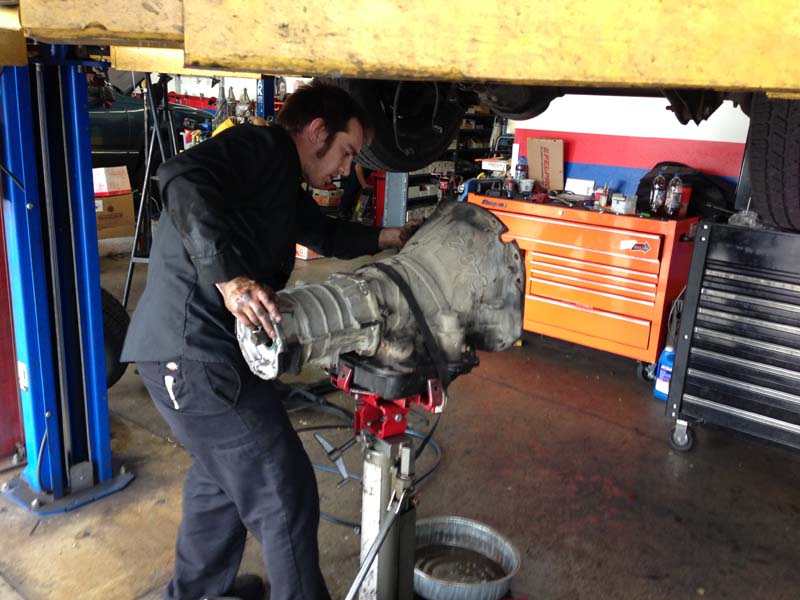
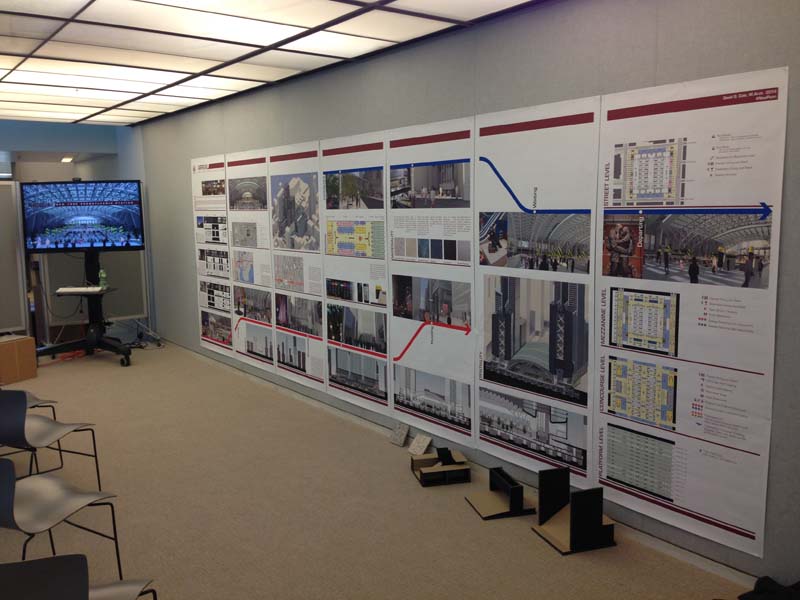
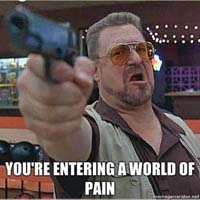 With hardly any time to catch my breath after graduation, I put all my stuff into storage once again, boarded a plane to New York, and started working at the aforementioned boutique firm the following Monday… And it immediately became clear that I had entered a world of pain. The work environment could best be described as abusive, the hours were extreme, the work was unoriginal and unproductive, and the firm’s financial standing appeared to be shaky at best. I began sending out resumes again before I had even gotten my first paycheck.
With hardly any time to catch my breath after graduation, I put all my stuff into storage once again, boarded a plane to New York, and started working at the aforementioned boutique firm the following Monday… And it immediately became clear that I had entered a world of pain. The work environment could best be described as abusive, the hours were extreme, the work was unoriginal and unproductive, and the firm’s financial standing appeared to be shaky at best. I began sending out resumes again before I had even gotten my first paycheck.
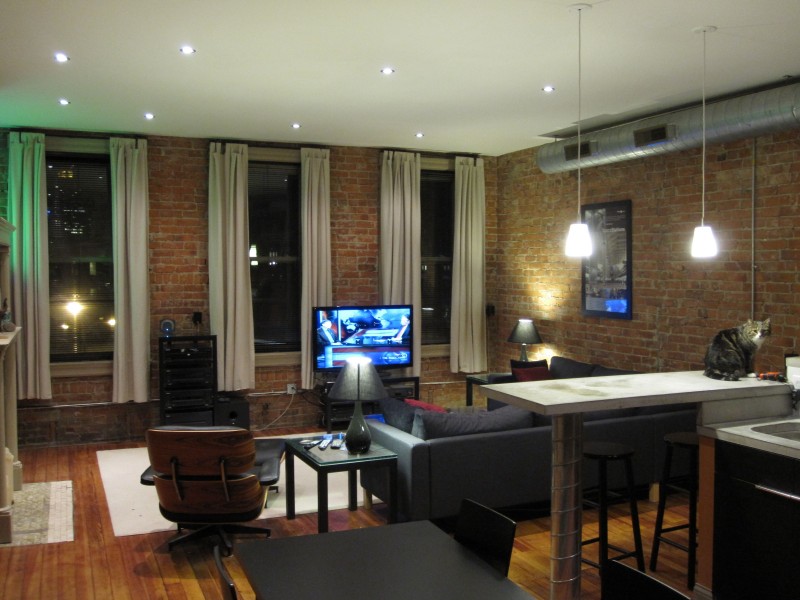
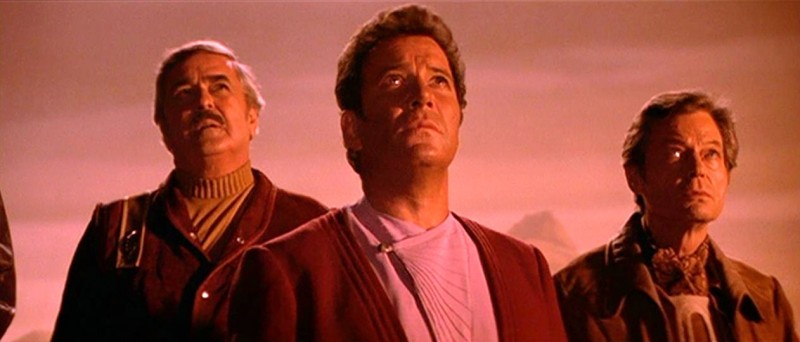
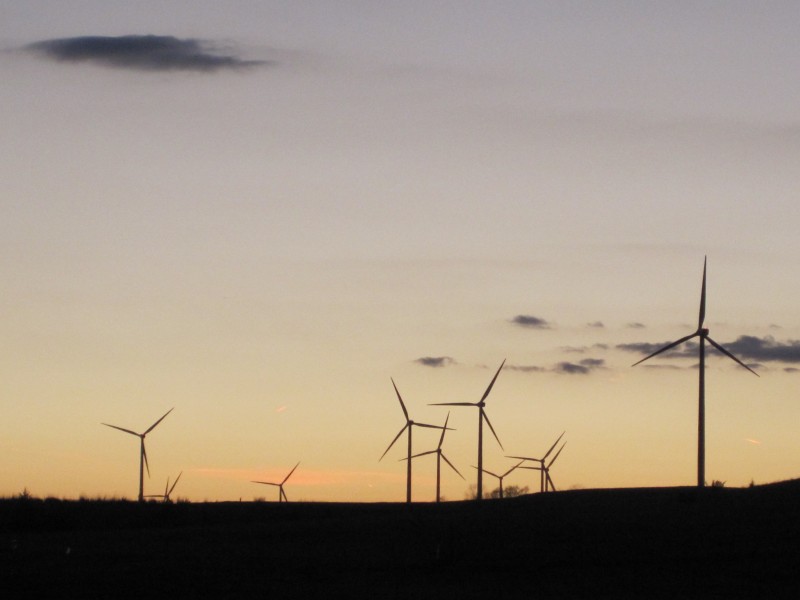
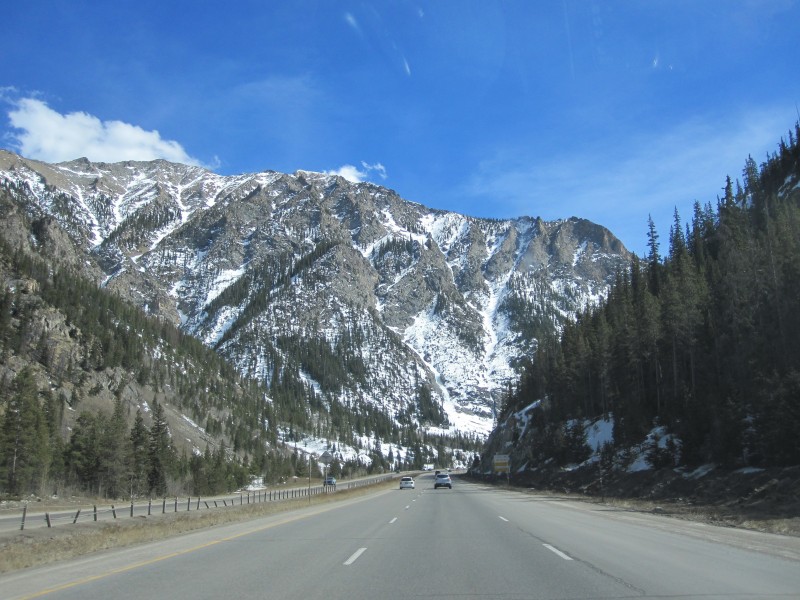

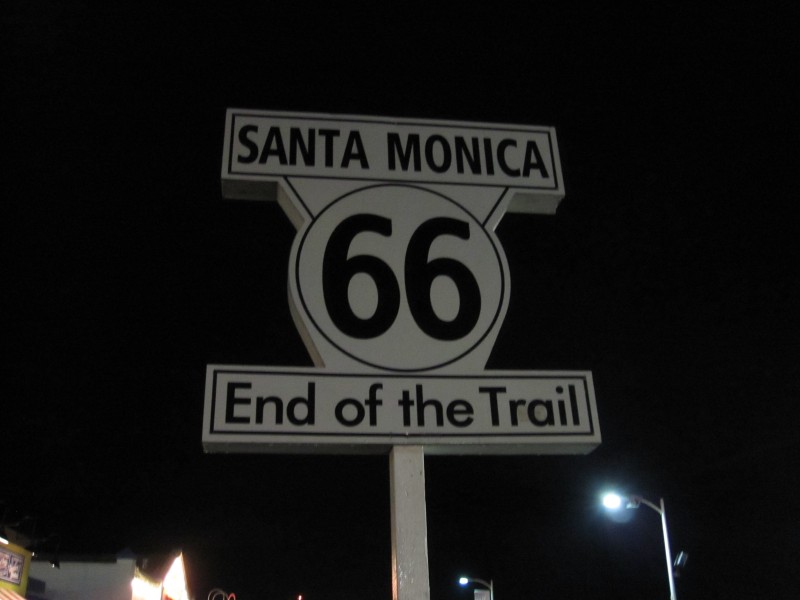

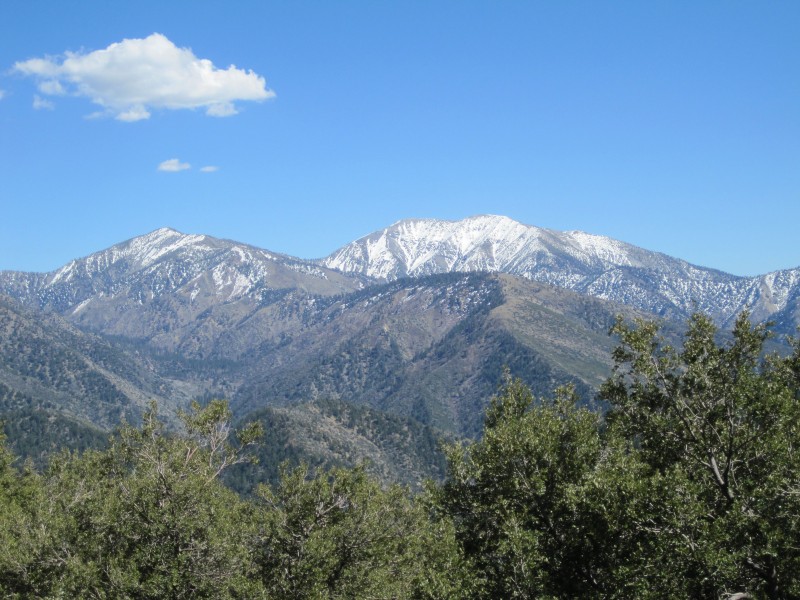
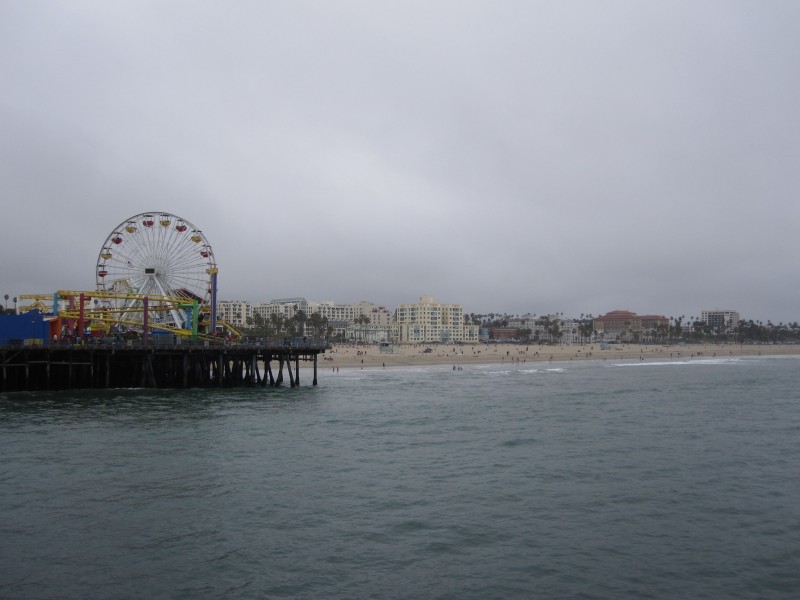
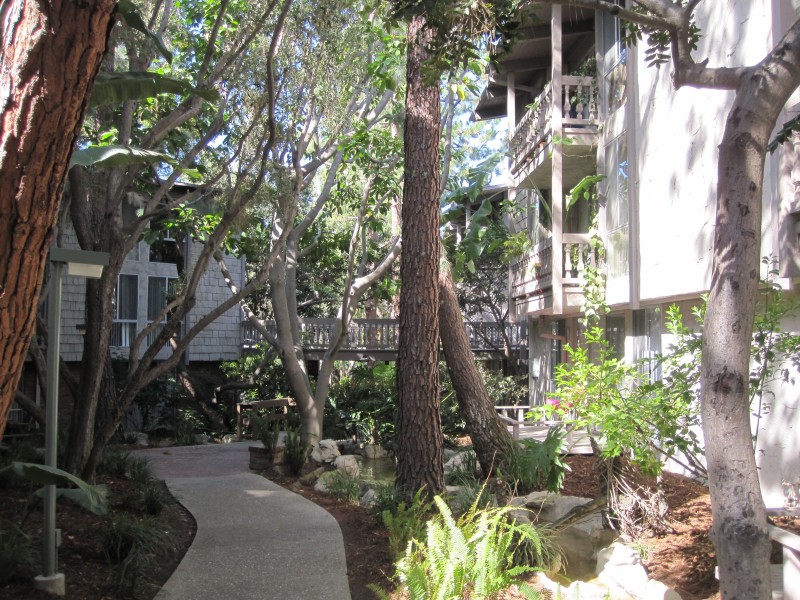
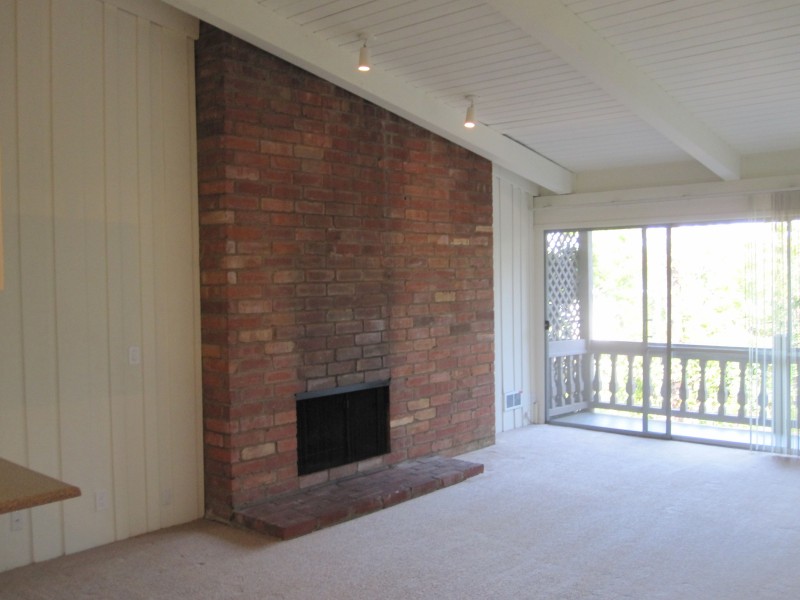

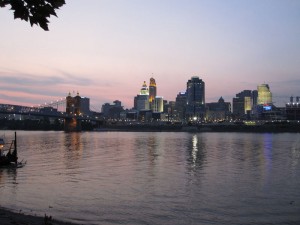
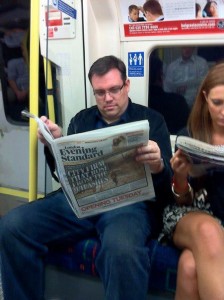



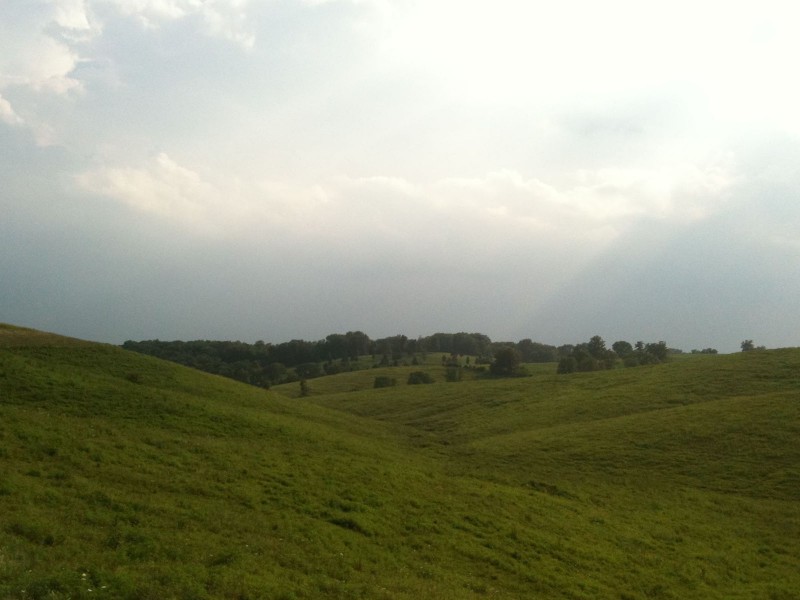
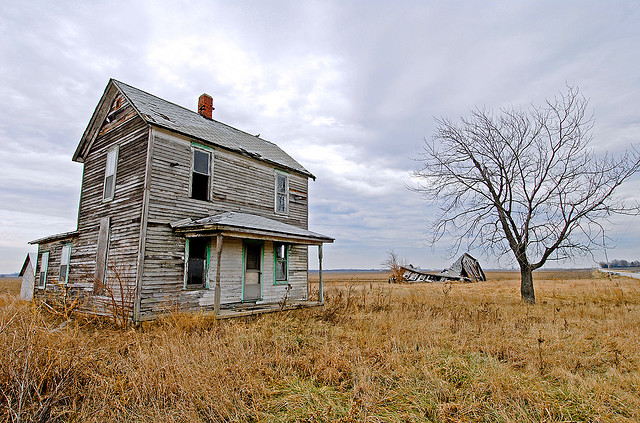
 I guess you could call it the 18-month itch. Once the novelty of living in a certain place has worn off and daily life has settled into a routine, the wanderlust starts to kick in again. It doesn’t help that I struggle with clinical depression, and when it’s at its worst, I often find myself with a strong urge to leave everything behind and start a new life for myself somewhere else. I’ve even acted on that urge a few times (my decision to move from Philly to New York in 2004 and then to Oregon later that year would be two prime examples), but so far my attempts to outrun depression haven’t been successful.
I guess you could call it the 18-month itch. Once the novelty of living in a certain place has worn off and daily life has settled into a routine, the wanderlust starts to kick in again. It doesn’t help that I struggle with clinical depression, and when it’s at its worst, I often find myself with a strong urge to leave everything behind and start a new life for myself somewhere else. I’ve even acted on that urge a few times (my decision to move from Philly to New York in 2004 and then to Oregon later that year would be two prime examples), but so far my attempts to outrun depression haven’t been successful.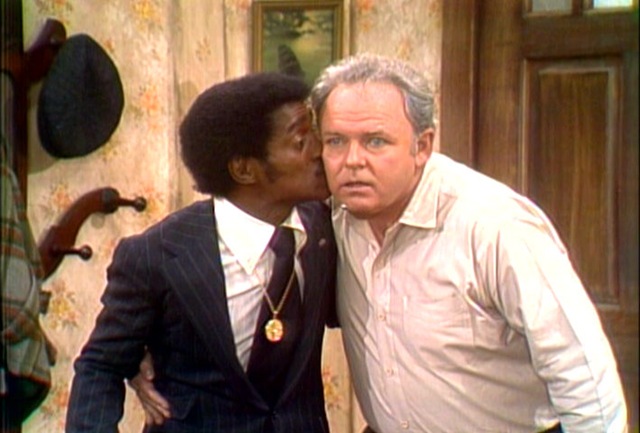
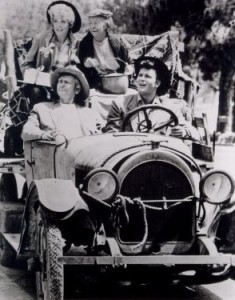 Aaron “The Urbanophile” Renn
Aaron “The Urbanophile” Renn 


















